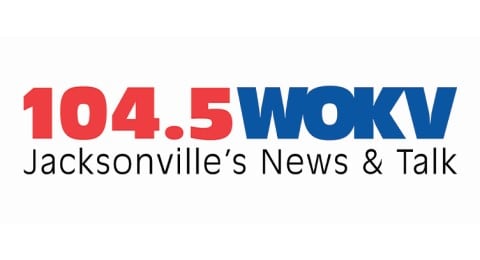El Faro’s surveyor says they did annual inspections of the ship’s lifeboat operations, but they don’t have to see the boats get in the water.
And they’re boats that wouldn’t be allowed for modern vessels.
The American Bureau of Shipping surveys El Faro under the US Coast Guard's Alternate Compliance Program, which is a special inspection protocol over commercial vessels that accounts for the work already being done by independent class societies. ABS is required to inspect the vessel annually, and the Coast Guard Marine Board of Investigation was walked through a survey step-by-step during Tuesday's hearing.
ABS ISM Audit Coordinator Stephen Hohenshelt, who is also a Senior Surveyor and did the annuals on El Faro in January and February 2015, says during those inspections, everything checked out. One area investigators kept moving back to was lifeboats. Guidelines appear to require annual testing of crew competency in working lifeboats in the water, but Hohenshelt says that’s not directly on them.
“At our annual survey, we may or may not release the boats in to the water, however they would have been operationally tested, including the davits, the winch, the break, and all the other items listed in the requirements,” he says.
When pressed further, he told investigators working the boats in the water would generally fall under the purview of the Coast Guard, not ABS. ABS surveys the operations of the lifeboats while they’re lowered and cradled. Holhenshelt added that crews are required to launch the boats quarterly, but that doesn’t have to be while ABS is on board.
He further confirmed that the open, gravity davit lifeboats used by the El Faro and her sisters El Yunque and El Morro were the only ones he had ever surveyed, and that style is no longer allowed for newer ships. The regulation which requires modern ships to have enclosed lifeboats was not determined to be retroactive, according to prior testimony, meaning this older trio was allowed to keep that style.
These questions again led investigators to look at the existing oversight of ACP. The Coast Guard is notified about these inspections, but Hohenshelt says they didn’t attend the annuals he performed on El Faro or El Yunque. He had worked with USCG inspectors on other ships, specifically when doing surveys in a shipyard.
We learned in prior testimony that ABS often doesn’t get the required two-week notice for work on a ship, and Hohenshelt says if they did have that much time, he thinks it would increase the number of surveys the Coast Guard could attend. He says they do their best to respect the commercial schedules of the vessels, however, and can’t often get the needed notice.
Of the surveys he's done, he doesn't remember giving any ship a major deficiency, but he has issued minor ones, including to El Faro. In March 2015, Hohenshelt says he was called out by a marine inspector to address a steering gear issue. It was determined the ship could return to Jacksonville for the repair. Another deficiency included an emergency generator not immediately starting, but that was fixed right away. He also wrote up a small area of wastage, which was fixed with epoxy. He says those issues were not always reported to the Coast Guard.
The ACP program will be the key focus of Wednesday's testimony, with several representatives from the Coast Guard scheduled to testify. WOKV will continue to monitor the CGMBI, you can get instant updates on Twitter.

:quality(70)/cloudfront-us-east-1.images.arcpublishing.com/cmg/5CQEJ2CF5Y2KUI2OVC5JXDBT2U.jpg)
:quality(70)/cloudfront-us-east-1.images.arcpublishing.com/cmg/HJ3L3HBBJBH6PB5ZFB3SVGFXSU.png)
:quality(70)/cloudfront-us-east-1.images.arcpublishing.com/cmg/4TQDXERT5VGORNZ4NQWXNO5H64.png)
:quality(70)/cloudfront-us-east-1.images.arcpublishing.com/cmg/SKX4RKW645ERTATCLA4V2FVRKQ.png)
:quality(70)/cloudfront-us-east-1.images.arcpublishing.com/cmg/5PIZRG7NYBAHDDABTG5BNVGO6Y.jpg)
:quality(70)/cloudfront-us-east-1.images.arcpublishing.com/cmg/V7JDMMD6JJEEHIL6C7OSLV3ABU.png)
:quality(70)/cloudfront-us-east-1.images.arcpublishing.com/cmg/WA5FNXO2RGWUZ6ETRASHYWTFTU.jpg)
:quality(70)/cloudfront-us-east-1.images.arcpublishing.com/cmg/NNKCBGCDIZSDZMFAOUGJRLR7F4.jpg)
:quality(70)/cloudfront-us-east-1.images.arcpublishing.com/cmg/5ISYLSEPED2JGPMBZS2NJYGEQ4.jpg)
